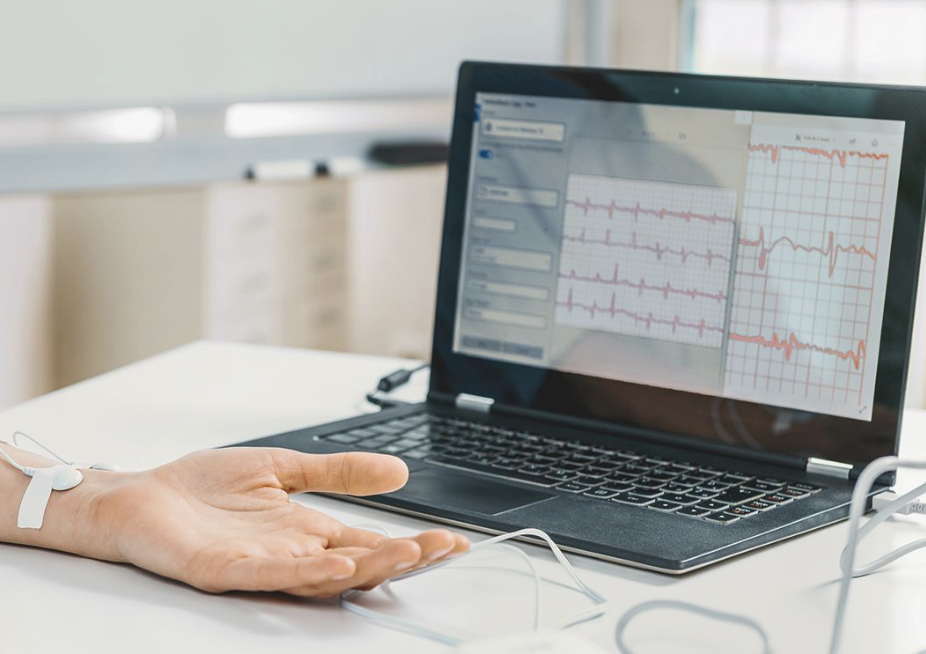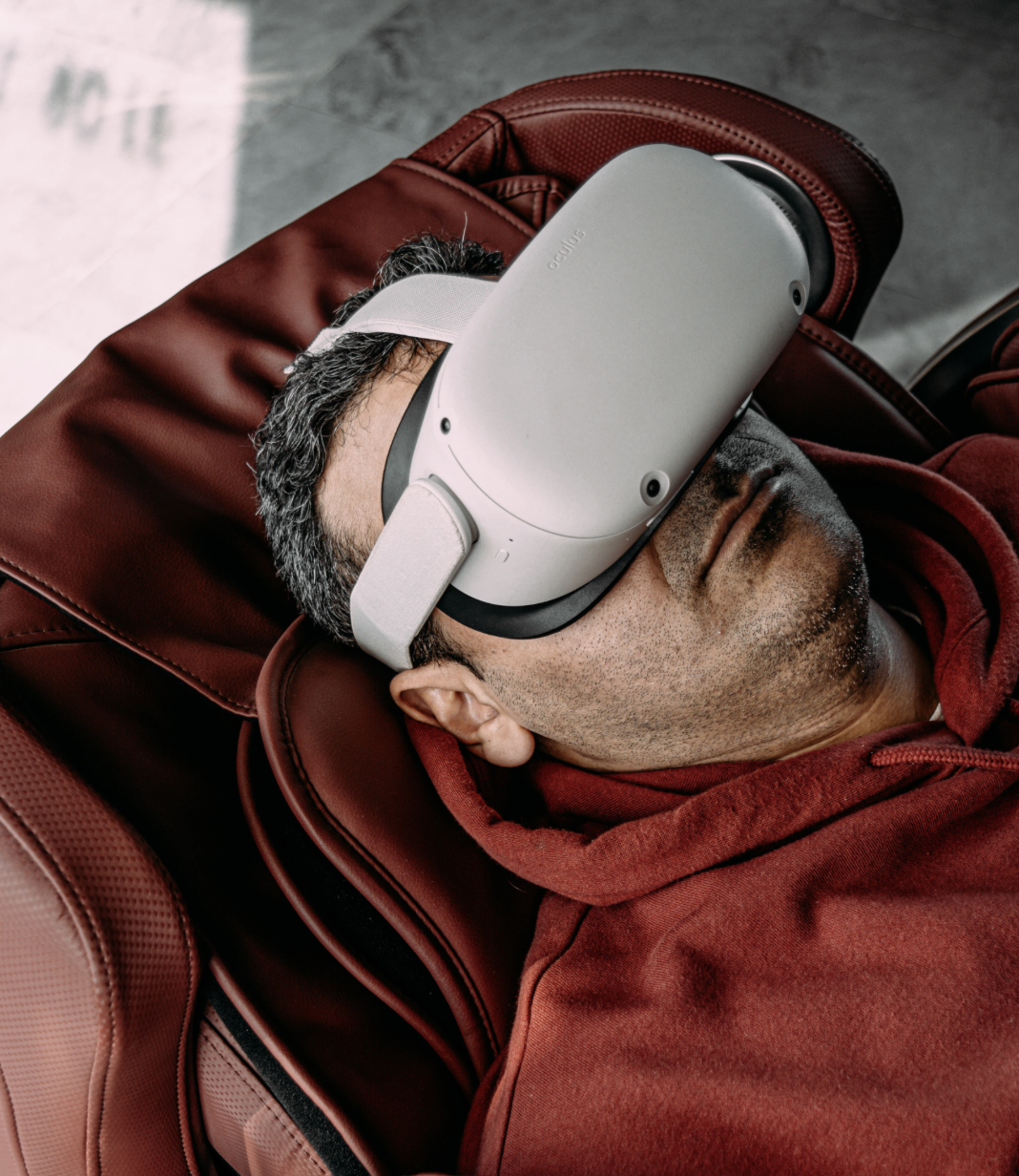Our expertise lies in Cognitive Behavioral Therapy, Problem-Solving Therapy, Behavioral Therapy, Motivational Interviewing, Structural Family Therapy, Dialectical Behavior Therapy, Emotion-Focused Therapy, Interpersonal Therapy, Eye-movement desensitization and reprocessing (EMDR) and traditional Life Coaching.
These different modalities can be combined to create an optimal treatment plan customized to address the unique experiences, conditions and goals of each patient to produce real and lasting results.


The ease, flexibility and increased access of conducting therapy sessions remotely through their computers or smart phones is a great option for many patients who have busy schedules, location challenges, or limited mobility. My teletherapy platform is HIPAA compliant and secure and allows for a no-hassle, easy-access solution without logins and passwords to remember — just a link to connect to get started.
Patients are encouraged to check with their insurance policy to ensure coverage.
With HeartMath Biofeedback therapy, patients learn healthy habits and attitudes, to better understand and manage the psychophysiology of stress, emotions and the interactions between the heart and the brain to help various conditions, including: depression, fatigue, anxiety, chronic pain, sleeplessness, tranquility and focus.
Biofeedback empowers patients to greatly reduce stress, increase resilience, and unlock their natural intuitive guidance for making better and lasting choices.


By allowing patients to interact with and navigate harmless virtual representations of past traumatic stimuli in digitally created environments, they’re able to reduce their fear responses and curtail a host of symptoms associated with various conditions, such as: anxiety, ADHD, acrophobia, bullying, depression, eating disorders, insomnia, fear of driving, fear of flying, mindfulness, pain distraction, phobias, PTSD, OCD, and relaxation.
NeuroFlow is a great way to stay engaged between sessions. This app allows patients to receive and submit homework tailored to their symptoms and goals and receive reminders and helpful exercises directly on their mobile device or computer. I can track patient progress and amend their treatment plan based upon real-time results to help patients build the skills they need to improve their mental wellness and progress towards their goals.


Eye Movement Desensitization and Reprocessing (EMDR) therapy is a psychotherapy approach designed to help individuals process and alleviate the distress associated with traumatic memories and experiences.
During an EMDR session, the therapist guides the client through a series of bilateral stimulation techniques, which often involve rhythmic eye movements, auditory tones, or tapping. These techniques are believed to mimic the rapid eye movement (REM) stage of sleep, facilitating the brain’s natural processing of traumatic memories.
EMDR aims to help individuals reprocess distressing memories in a way that reduces their emotional charge, allowing them to integrate the memories into their life narrative without triggering intense negative emotions. The therapy involves a structured eight-phase approach that includes history-taking, preparation, assessment, desensitization, installation, body scan, closure, and reevaluation.
Research suggests that EMDR can be effective in treating conditions like post-traumatic stress disorder (PTSD) and other trauma-related disorders. It is believed that the bilateral stimulation helps to rewire the brain’s responses to traumatic memories, leading to decreased distress and symptoms associated with the trauma.
Call us today to schedule a consultation or an initial appointment to get started with EMDR therapy.